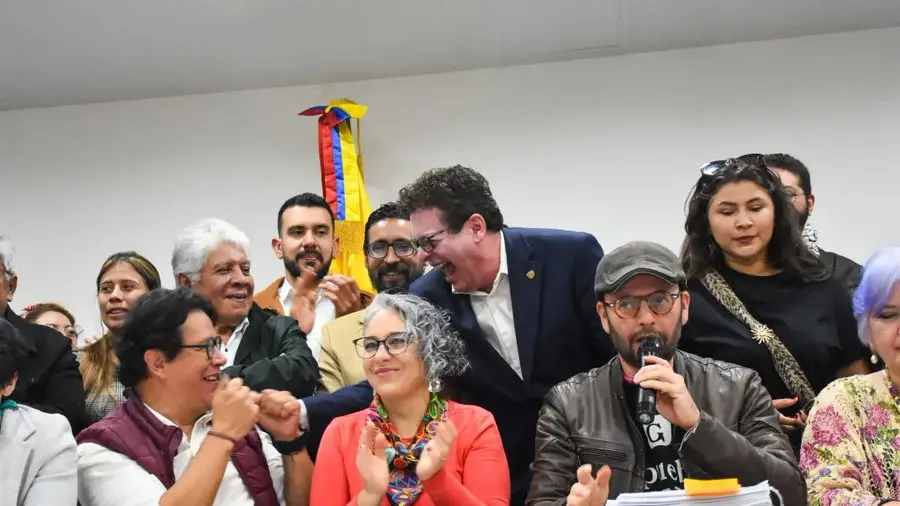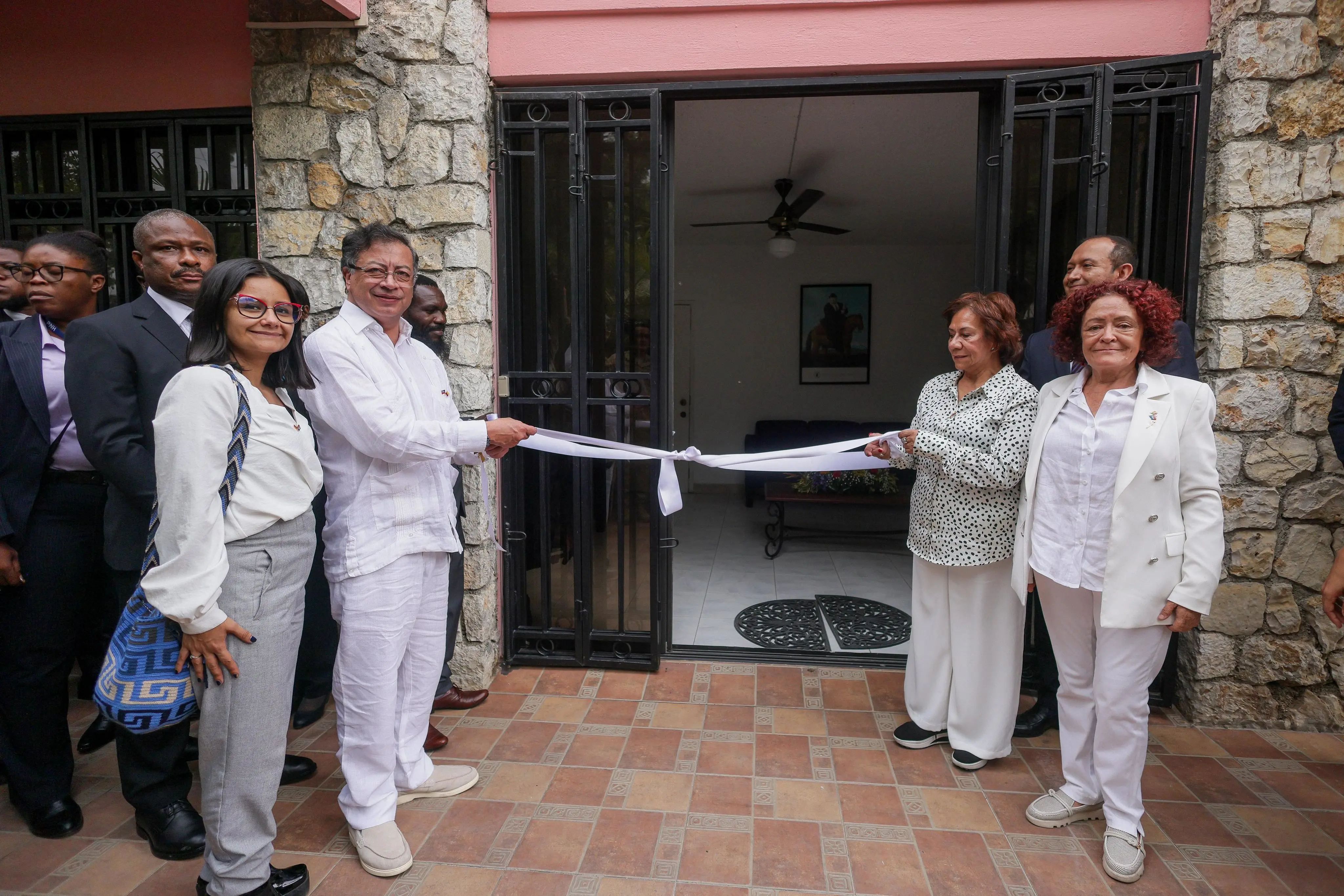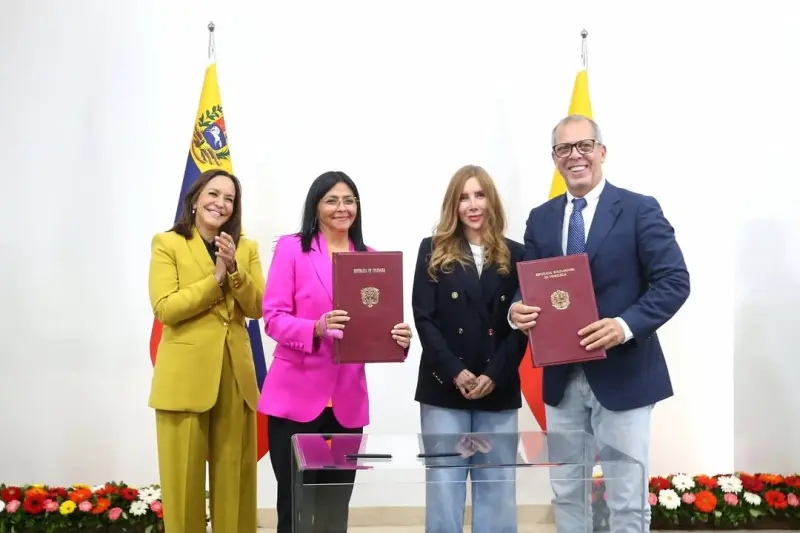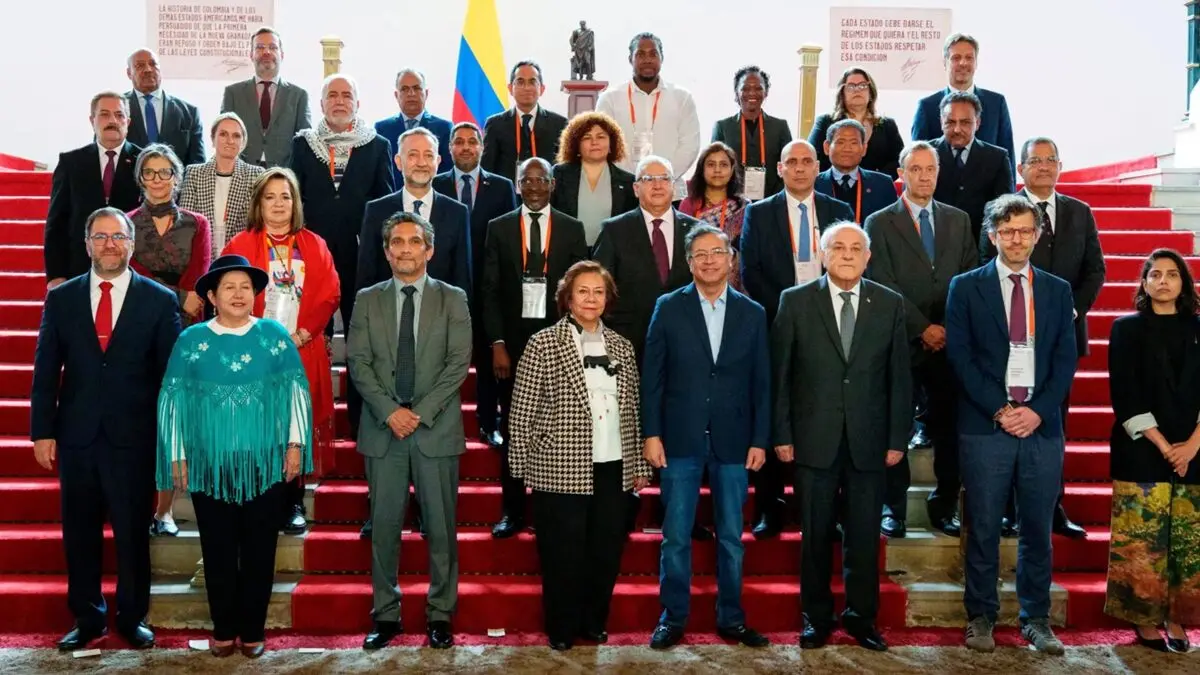Colombians Launch 48-Hour National Strike in Support of Labor Reform Referendum

X/ @ncamacho1906
May 28, 2025 Hour: 7:50 am
On May 14, the Senate rejected the labor reform referendum by a vote of 49 against and 47 in favor.
On Wednesday, the Central Unitaria de Trabajadores (CUT) and other Colombian social movements began a 48-hour national strike in support of a popular referendum on labor reform promoted by President Gustavo Petro.
RELATED:
Cartagena de Indias: Colombia’s Caribbean Jewel of History and Culture
CUT President Fabio Arias said attempts to gain parliamentary approval for the referendum would not succeed because the right-wing opposition holds a majority in Congress. “The mobilization on May 28 and 29 is aimed at rejecting the oligarchy’s decisions against workers’ labor rights,” he said.
On Tuesday, Petro urged business owners not to retaliate against workers who participate in the national strike, which is taking place in major cities across the country.
“I call on all citizens to maintain peace and coexistence. Businesses should avoid retaliation and allow workers who freely wish to join the strike to do so. Protesters must not damage public property or attack law enforcement officers who will be protecting their rights,” he said.
On May 14, the Senate rejected the labor reform referendum by a vote of 49 against and 47 in favor. In response, the Colombian president called on labor unions, Indigenous, peasant and student organizations to take to the streets.
The text reads, “Today and tomorrow, labor unions, farmers, indigenous leaders, and others will hold a 48-hour strike in support of government reforms following the Senate’s rejection of the referendum. Today, we are in a much more favorable environment for freedom of association.”
On Monday, Petro resubmitted a revised referendum proposal that includes 16 questions: the original 12 related to labor reform, and four additional questions regarding issues in the healthcare system. However, the Senate is focused on fast-tracking a reform that would eliminate labor rights, discriminate against small and medium-sized businesses, and lead to job insecurity.
On Tuesday, Interior Minister Armando Benedetti announced that Petro will call for a national vote on the referendum if the Senate fails to act on the initial proposal by June 1. Senate President Efrain Cepeda, for his part, warned that calling a referendum by executive decree would violate the separation of powers, as the Senate had already rejected the proposal last month.
Petro responded Wednesday: “The law clearly and explicitly states that if the Senate does not issue a favorable or unfavorable ruling on the referendum, the president may decree it. The legally and constitutionally elected president of Colombia cannot be stripped of his legal and constitutional rights.”
teleSUR/ JF
Sources: EFE – teleSUR






